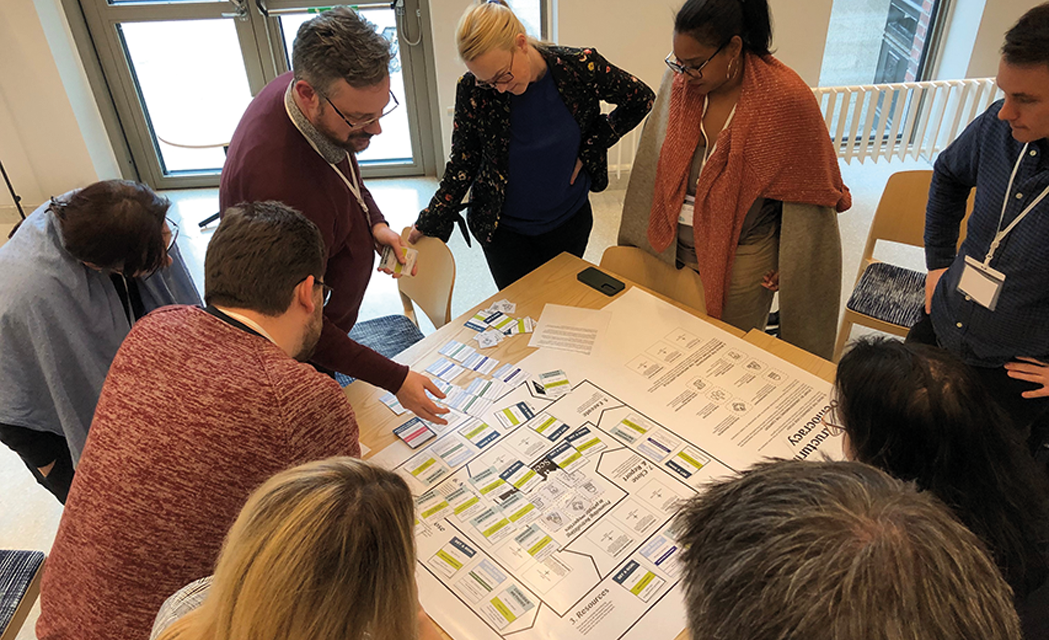There was a lot of warm energy in the room at Stockholm Spring School on 24–26 April. This was much appreciated since the city did not show its most welcoming weather to the visiting representatives from all around Europe. At the NetZeroCities Spring School, organised by Politecnico di Milano (Polimi) and Universidad Politécnica de Madrid (UPM), representatives from about 25 of the 112 Mission Cities were present. Earlier editions of the Seasonal School have taken place in Spain, Italy and Hungary.
The Spring School took place at KTH, the Royal Institute of Technology hosted by Viable Cities and was filled with intense learning around vital topics for accelerating the transition in the Mission Cities. The three-day programme mixed plenary sessions with workshops in smaller groups and shared experiences from the cities including challenges and best practices. A diverse set of experts and City Advisors from the NetZeroCities consortium were present.
Philippe Froissard, Head of Unit at the European Commission Directorate-General for Research and Innovation, opened the conference along with Olga Kordas, host and Programme Director at Viable Cities, Thomas Osdoba, netZeroCities Programme Director and Julio Lumbreras, CitiES2030 Programme Director. Philippe Froissard, who also attended the first European Viable Cities Day already in December 2019, highlighted the important role of Viable Cities as a forerunner in the European Cities Mission.

– It is great to get recognition of all the work done by “our” so far 23 Swedish cities and the multiple government agencies supporting their work, says Olga Kordas, Viable Cities Programme Director.
Among the topics of the workshops were transition teams, social innovation and stakeholder engagement, climate investments, designing a portfolio of efforts, transition pathways and indicators. All with the intent of accelerating the climate transition in cities.
The first day of Spring School was completed with an informal get-together at the office of Viable Cities at KTH. The Climate General of the City of Stockholm, Annika Jacobsson, took the opportunity to give an overview of the city’s efforts within the EU Cities Mission and the importance of involving all stakeholders in the mobilisation. Also, the Spring School included an opportunity to visit the Stockholm Royal Seaport hosted by the City of Stockholm. Stockholm Royal Seaport is the largest urban development area in Sweden, with plans for at least 12,000 new homes and 35,000 workplaces. It has won several international awards for sustainable urban development and is an important innovation hub in the work of the City of Stockholm to become climate positive by 2040.
During the whole experience of the Spring School, the participants from all the cities had the opportunity to get to know each other and share experiences from Aarhus, Copenhagen, Cork, Differdange‚ Dunkirk‚ Elbasan‚ Gabrovo‚ Groningen‚ Helsingborg‚ Ioánnina‚ İzmir‚ Kosice‚ Łódź‚ Lund‚ Munich‚ Oslo‚ Prato‚ Reykjavík‚ Rome‚ Sofia‚ Stavanger‚ Trondheim‚ Umeå‚ Warsaw and Wrocław.








